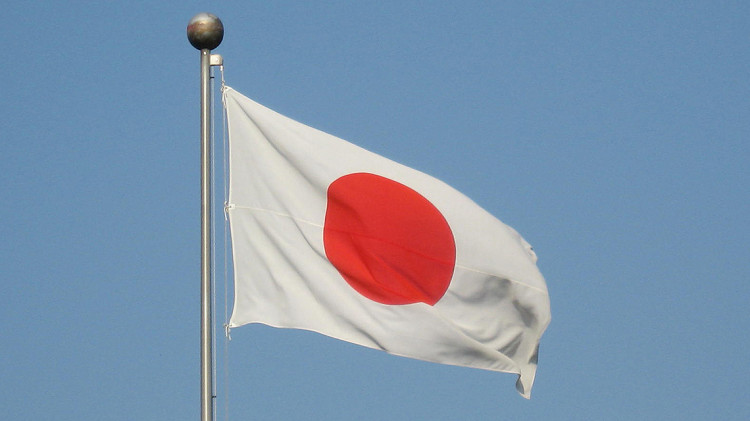International Atomic Energy Agency (IAEA) experts have confirmed that the tritium concentration in the seventh batch of diluted ALPS treated water, which the Tokyo Electric Power Company (TEPCO) began discharging today, is far below Japan’s operational limit,
The treated water was sampled by IAEA experts stationed at the Agency’s office at the site of the Fukushima Daiichi Nuclear Power Station (FDNPS). After conducting an independent on-site analysis, the IAEA confirmed that the tritium concentration in the diluted water is far below the operational limit of 1500 becquerels per litre and is in line with international safety standards.
Japan plans to continue discharging the ALPS-treated water from the FDNPS in batches. The IAEA has earlier confirmed that the tritium concentrations in the previous six batches, totalling approximately 46,500 cubic meters of water, were far below operational limits.
Japan’s plan is to conduct a series of controlled discharges of ALPS treated water into the sea over a period of decades. The sixth batch was discharged from May 17 to June 4.
In a comprehensive report issued on 4 July 2023, the IAEA’s safety review found that Japan’s plan for handling the treated water was consistent with international safety standards and that the release as planned would have a negligible radiological impact to people and the environment.
All reports on sampling, independent analysis, data evaluation, as well as timeline, will be available on the IAEA website.


